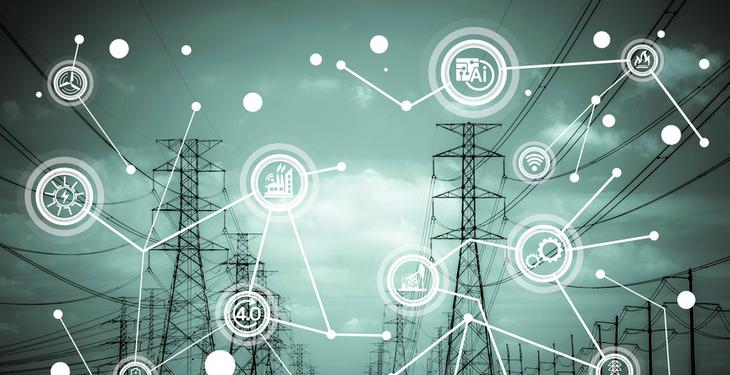From January 1, 2021, the electricity market in Romania will move to a 15 minutes balance settlement interval. There is this ANRE order (63/2020), issued following Article 53 of EU Regulation 2195/2017, but how many of the market participants are prepared for this transition? I talked to Mihai Dârzan, CEO of Ringhel, to find out to what extent the market is ready for a smooth transition to what is simply normal in other European markets.

Mihai Dârzan CEO Ringhel
Dear Mr. Mihai Dârzan, before looking for answers to these questions, please describe what is going to happen in the market, from January 2021.
In short, for market participants without adapted and automated systems, the time allotted, respectively the dedicated work, will increase 4 times for performing the calculations; greater imbalances will occur for certain entities. As with any change in the market, there are companies that will act quickly to benefit from the new regulations, this consolidating their business. Others will be reluctant and they risk developing points of vulnerability, to the detriment of their future businesses.
How should market players act and prepare for the new legislative context to apply from the beginning of next year?First of all, the 15-minute balance settlement is an advantage for market participants who have automated their computing systems; with their help they can make energy forecasts closer to reality and they can automate the business flows as much as possible. We live in the digital age and we need to take full advantage of that. It is inefficient to let people do repetitive calculations or processes in such a competitive market as today. People should focus their efforts to develop new lines of business that bring new profit channels in a sustainable and efficient way.
The words “next year” seem to refer to something distant and may give the impression that there is still enough time; in reality, time passes very quickly. Adapting to the new market context can be time and resource consuming, and it might take some market participants by surprise if they do not act early. This training involves adapting current systems or adopting / implementing software systems that take over all the work I was referring to earlier.
What is the role of Ringhel in this context and how can it help market players to adapt easily?
Our role, as Ringhel team, is to facilitate the transition and smoothly adaptation to various legislative contexts, offering specialized software solutions for the power and natural gas market. Specifically for this context, we adapt our systems and develop a dedicated software module for 15-minute balance settlement. Although this is new for Romania, in other markets this has been done for a very long time and it was expected that Romania would adopt this step as well. Ringhel has been supporting market players for almost 10 years, offering software platforms for suppliers, traders, distributors, PREs and energy producers.
The software systems developed by Ringhel are widely used in the market and we are in close contact with market players. Thus, we are well aware of the challenges of the power and natural gas markets through our good business relationships with customers and partners. The use of our systems offers a number of advantages, among which I would mention increased productivity, data security, systems interconnection, increased customer satisfaction, business and regulatory reporting which are accurate and timely. In a nutshell, we are talking about safety resulted from using a stable business flow.
The transition to 15 minutes is just the beginning of the digitalization of the energy sector in Romania. It will soon follow the reduction of time allowed for switching supplier process and other process optimizations that will take the Romanian market to another level, closer to the those in the foreign markets. Therefore, the digitalization of the energy industry is no longer just an idea to think about in the future, but it is the mandatory present, without which an energy business can no longer exist.
